Justice News: Key Court Cases and Legal Developments You Should Know
Justice means a lot to all of us because it shapes how society treats fairness, crime, and rights. Whether it’s about a high-profile judge defending himself or dramatic court battles involving criminals, these stories show how complicated justice can get. Here, we bring you the latest news to keep you in the loop on what’s happening in courts and legal systems.
Take the recent Eastern Cape tribunal where Judge Selby Mbenenge stood his ground over sexual harassment claims. His case stirred heated debates about the difference between legal proof and moral views. It’s a reminder that courts must focus on law, not public opinion, to keep justice fair and clear.
High-Stakes Trials Shaping Justice Today
Apart from judges, criminal cases keep making headlines. Like Thabo Bester’s sensational escape from prison and subsequent court actions. His story is wild—escaping jail, living in luxury, then facing serious charges again. These events don’t just grab attention—they reveal cracks and challenges in security and law enforcement.
On a different note, Marilyn Mosby’s journey highlights the fight for police reform amid controversies and personal setbacks. Her efforts to hold officers accountable after Freddie Gray’s death show how justice can push for change, even when facing tough opposition.
Justice Beyond Courts: Reform and Financial Crime
Justice isn’t only about crime trials. It’s also about cleaning up corruption, like Nigeria’s EFCC recovering billions and winning thousands of convictions. This kind of work supports fairness by making sure financial crimes don’t go unpunished. And ongoing debates about court transparency, such as the calls to lift blocks on certain sensitive articles, raise questions about how open justice should really be.
These stories combine to give a clear picture of how justice evolves daily—through legal battles, reforms, and the constant tension between law and public interest. Keeping an eye on these developments helps us all understand the challenges courts face and why justice matters so much in building fair societies.
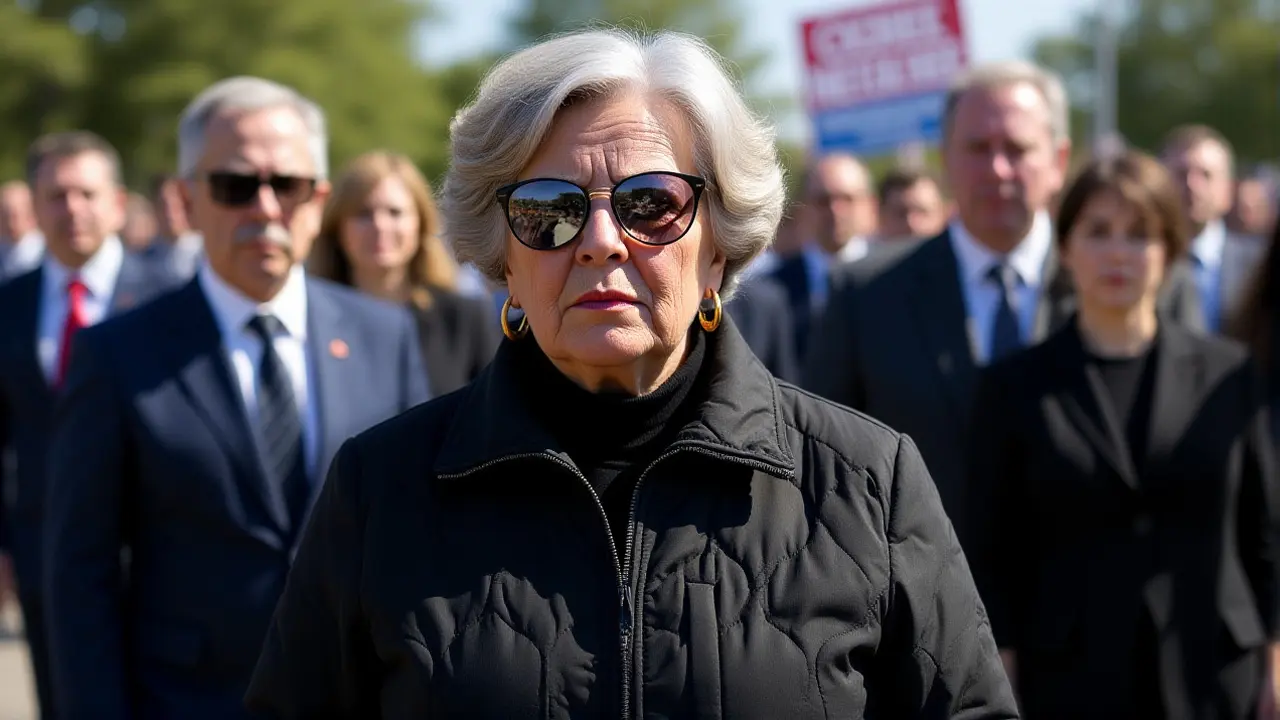
No Truth to Claim That Trump’s Chief Criticized Musk Over USAID Cuts — Event Never Happened
No verifiable evidence exists for claims that Trump’s White House chief criticized Elon Musk over USAID cuts — the event is set in December 2025, a date beyond any factual record. The story is impossible, not just unreported.
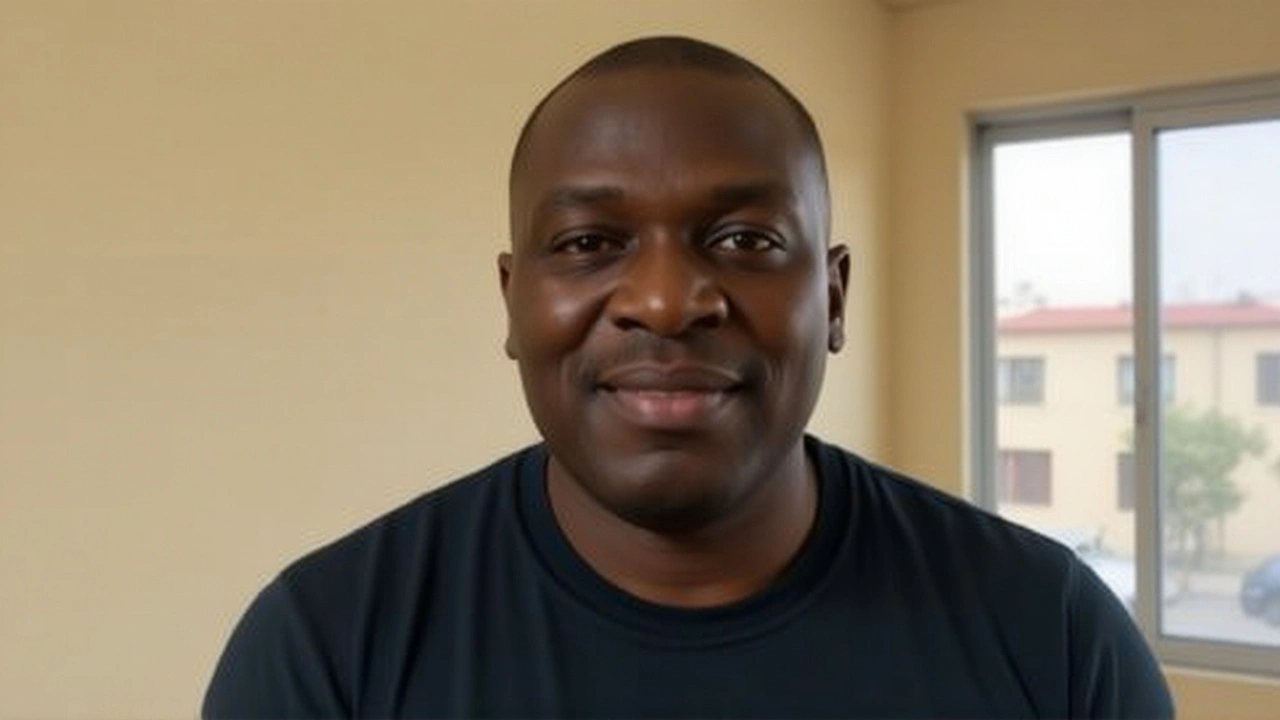
SAPS Investigates Attempted Murder of Controversial Businessman Brown Mogotsi in Vosloorus
SAPS is investigating an attempted murder of controversial businessman Brown Mogotsi in Vosloorus, Gauteng, after his vehicle was hit by eight bullets. He survived, but his silence before reporting the attack raises urgent questions about power and fear in South Africa.
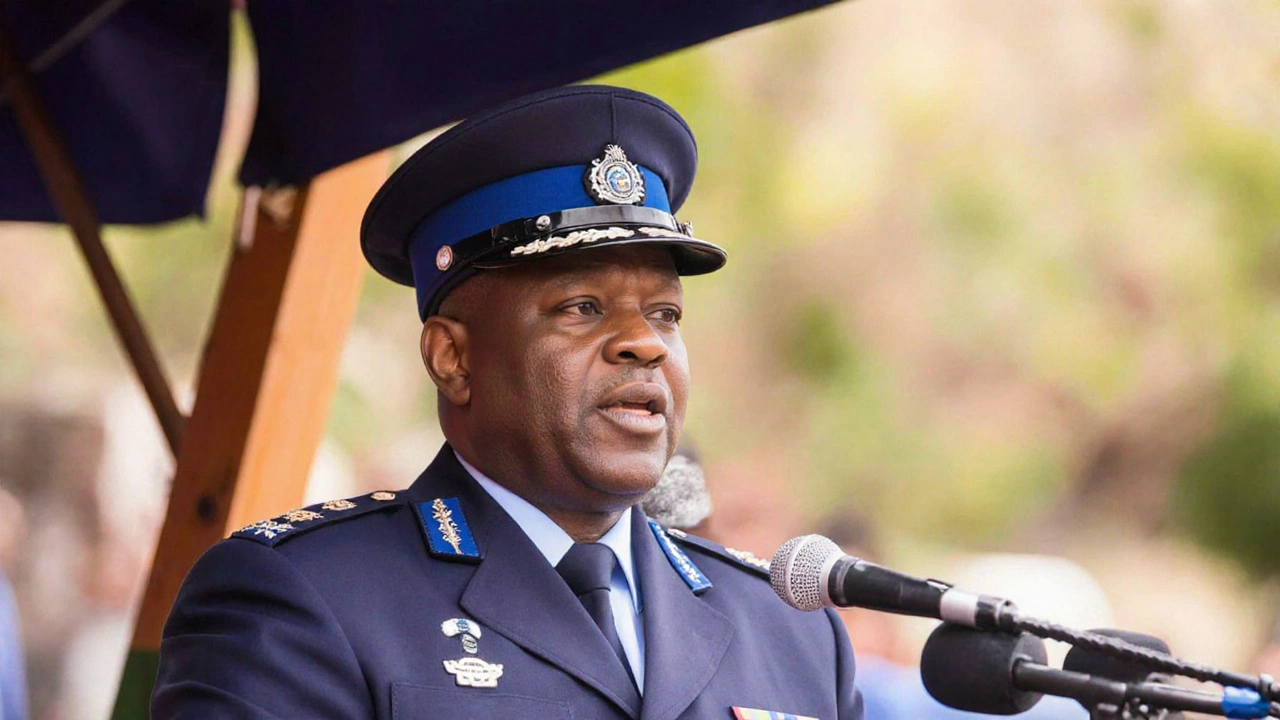
Shadrack Sibiya Faces Scrutiny at Madlanga Commission Over Police Overreach
Deputy National Commissioner Shadrack Sibiya is under fire at the Madlanga Commission after senior police officials alleged he overstepped his authority. Testimony shows he tried to seize the cold‑case unit, reroute counter‑intelligence dockets and shift 121 political‑killings files out of a provincial task team without permission. Legal head Petronella van Rooyen called the moves illegal executive overreach. Sibiya is suspended while the inquiry probes possible corruption and political interference. The commission keeps hearing evidence on justice system infiltration.
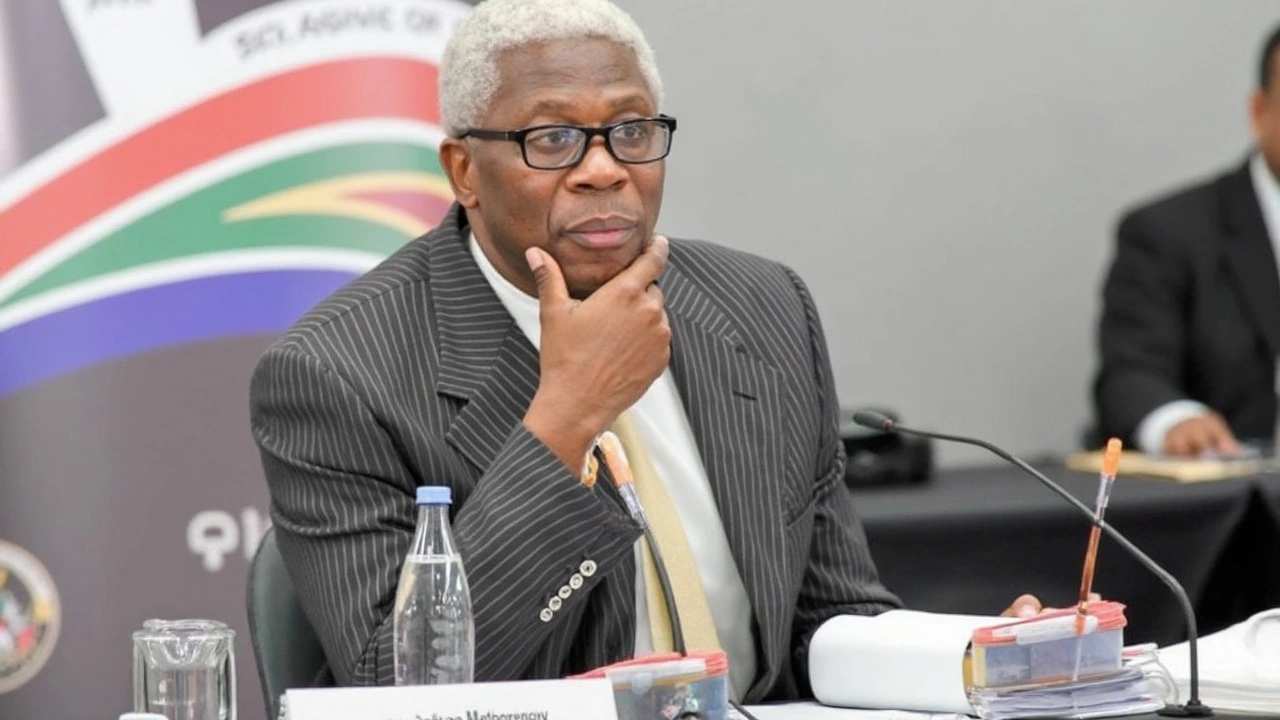
Judge Mbenenge Defends Himself in Sexual Harassment Tribunal, Claims Encounters Were Consensual
Eastern Cape High Court Judge President Selby Mbenenge stands his ground in a high-profile sexual harassment tribunal, arguing that his interactions with secretary Andiswa Mengo were consensual. He insists legal standards, not moral judgments, should guide the tribunal’s decision. The outcome could determine his future on the bench.
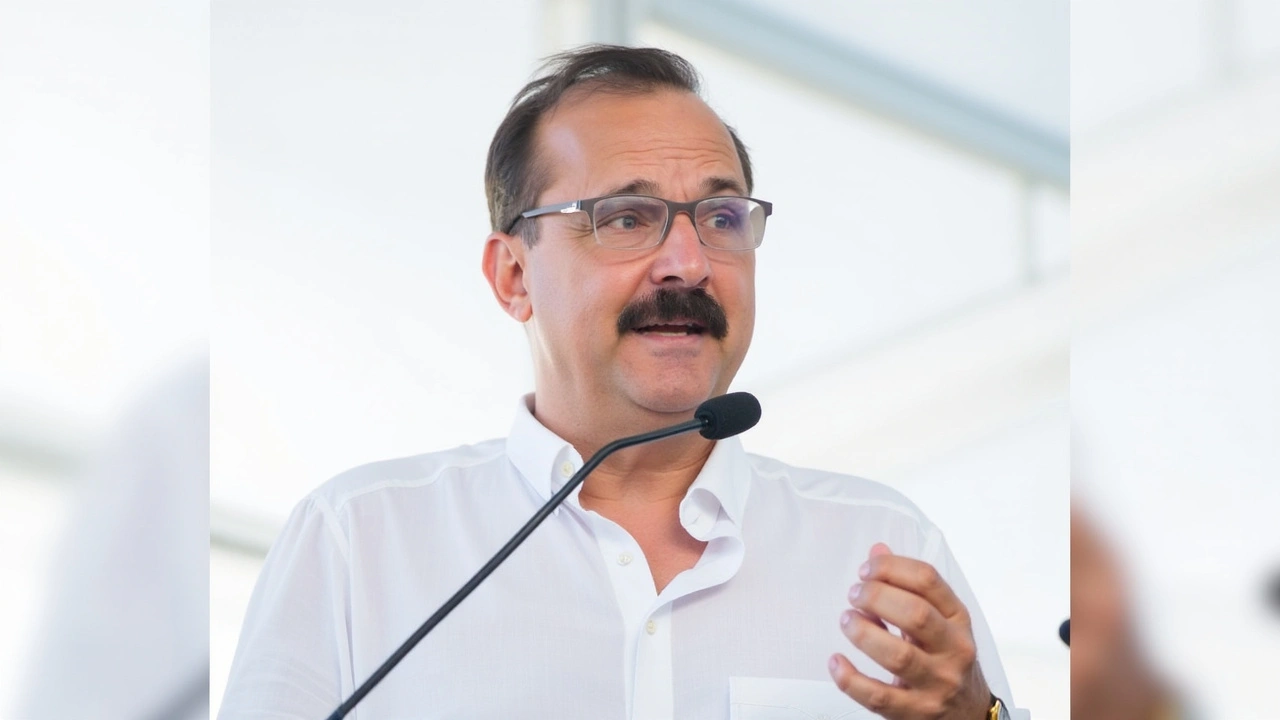
Maharashtra's Political Shock: The Chilling Murder of Baba Siddique and Its Mysterious Motives
Baba Siddique, former Maharashtra minister, was shot dead in a brazen attack near his son's office in Bandra East. The incident, involving suspects linked to the Lawrence Bishnoi gang, has sent shockwaves through India's political landscape. As investigations ensue, the motives behind this politically charged assassination, including possible connections to a slum rehabilitation case and ties with Salman Khan, remain under scrutiny.
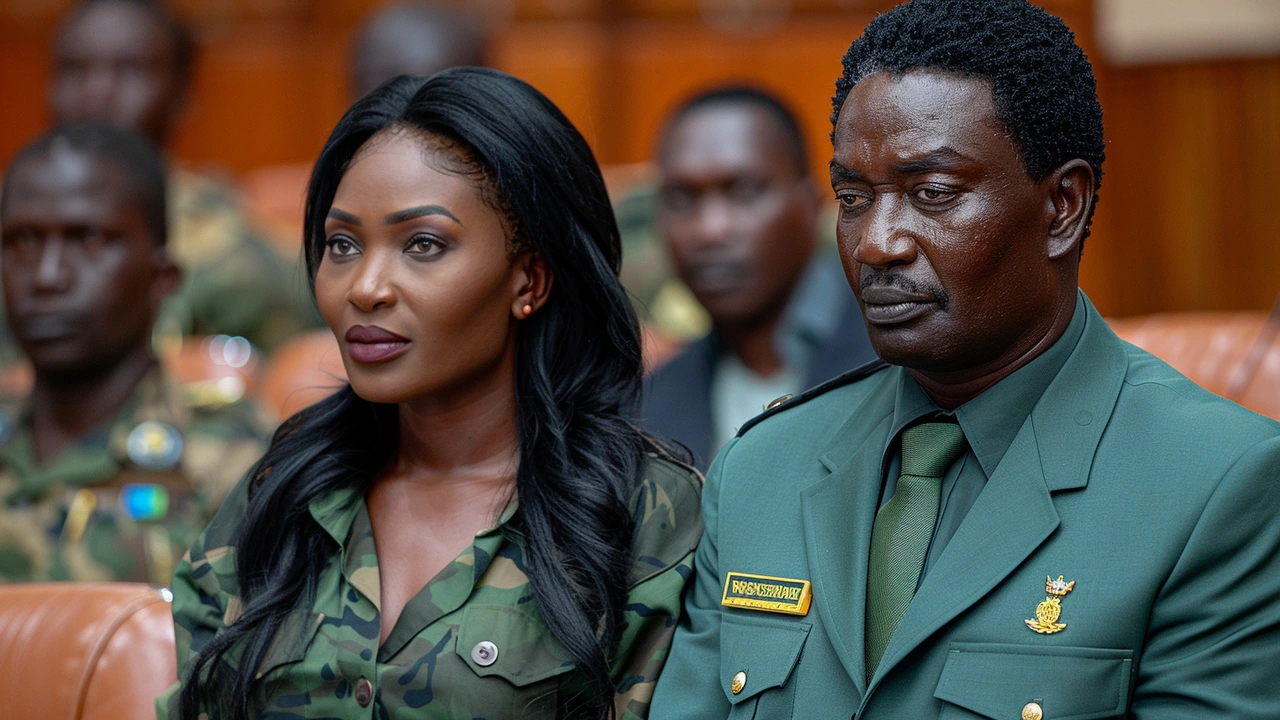
Thabo Bester and Nandipha Magudumana's Dramatic Court Return: Pretrial Conference for Major Case
Thabo Bester, Nandipha Magudumana, and seven co-accused face the Free State High Court for a pretrial conference. Bester, a convicted murderer and rapist, escaped prison and fled to Tanzania. Later found living extravagantly in Sandton, his case involves charges of escape, defeating the ends of justice, and aiding an inmate's escape.

EFCC's Unyielding Efforts: Recovery of N156bn and 3175 Convictions for Financial Crimes in 12 Months
The Economic and Financial Crimes Commission (EFCC) has reported significant achievements in the past year, including the recovery of N156 billion and securing 3175 convictions for financial crimes. Their mission to combat corruption has shown promising results, contributing to a more transparent financial environment in Nigeria.
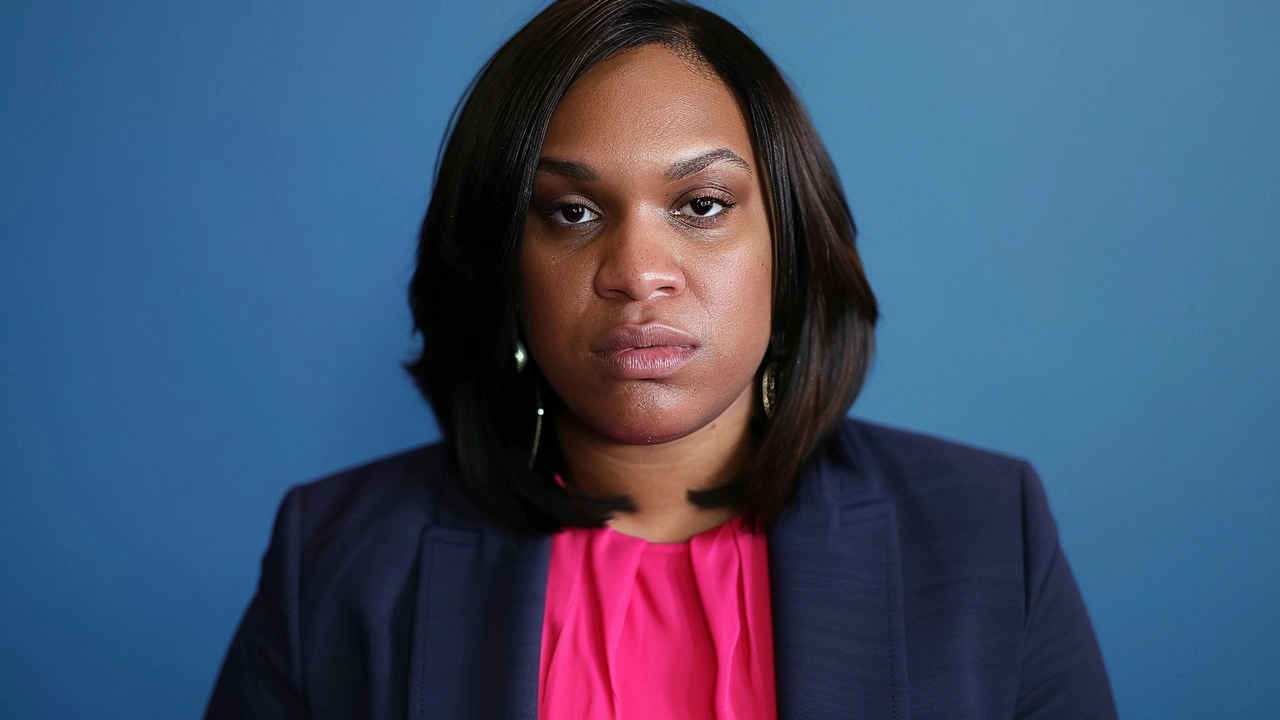
Marilyn Mosby's Journey: Trials, Tribulations, and Police Reform
Marilyn Mosby, once a rising star as the youngest chief prosecutor in a U.S. city, became a key figure in police reform after announcing charges against six police officers in Freddie Gray's death. Her career faced a dramatic turn with federal trials and a 12-month home detention sentence. Yet, she continues her fight, applying for a presidential pardon. Her story underscores the sacrifices made for justice reform.
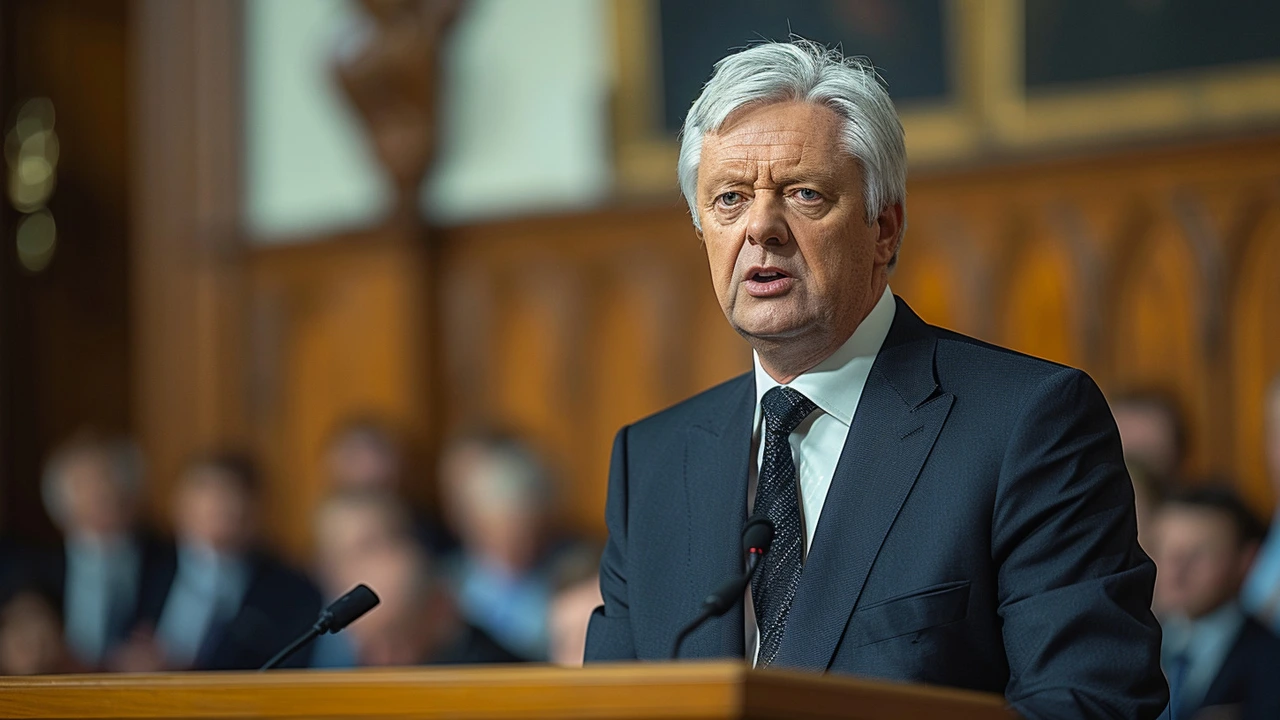
Call to Lift Block on Lucy Letby Article Sparks Debate on Open Justice
Sir David Davis, a Conservative MP, has called for the lifting of a court order that prevents a New Yorker article questioning Lucy Letby's trial evidence from being published in the UK. He argues that the block defies open justice. Meanwhile, Justice Secretary Alex Chalk maintains that court orders must be obeyed unless officially removed.
